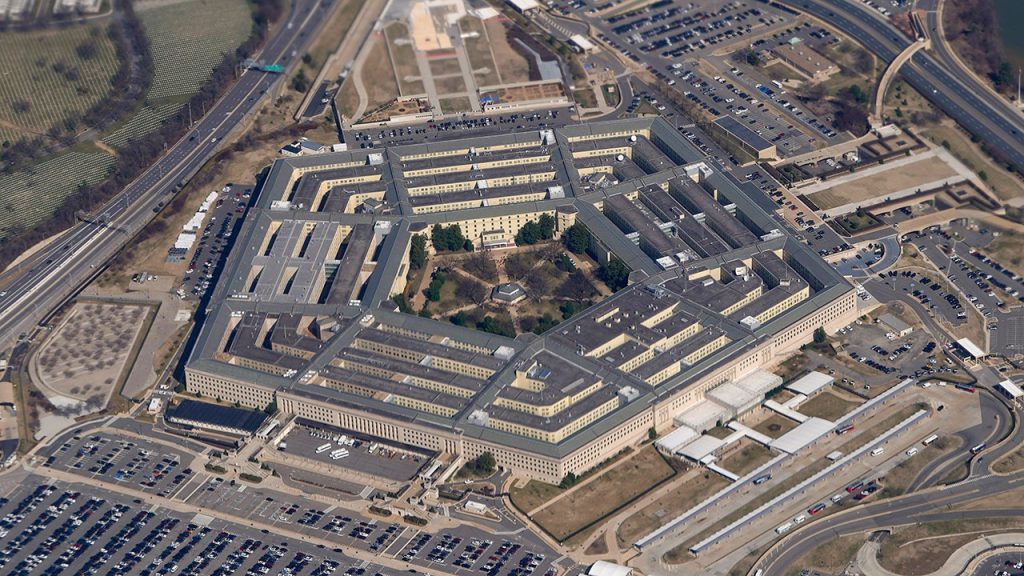The House of Representatives passed the annual National Defense Authorization Act (NDAA), a bill authorizing $895.2 billion for defense and national security spending, adding to the already burgeoning national debt. This substantial bill, spanning 1,800 pages, outlines the allocation of these funds. While the bill enjoys broad bipartisan support, passing with a 281-140 vote, internal divisions are evident. A significant number of Democrats (124) opposed the bill, primarily due to provisions restricting transgender medical treatments for minors within military families. This internal dissent underscores the complex political landscape surrounding defense spending and social issues.
The passage of the NDAA adds further weight to the already alarming national debt, which currently stands at over $36 trillion. This figure represents a dramatic increase from just 40 years ago when the national debt was approximately $907 billion. The Congressional Budget Office projects the debt to reach a staggering $54 trillion within the next decade, driven by factors such as an aging population, escalating federal healthcare costs, and rising interest rates. This escalating debt poses a significant risk to America’s economic stability and global standing, raising concerns about the nation’s long-term fiscal health.
The substantial increase in the national debt is largely attributed to a surge in government spending under the Biden administration. Since taking office, President Biden has approved approximately $4.8 trillion in borrowing, including significant allocations for COVID-19 relief and infrastructure projects. While the administration defends this spending as necessary for economic recovery and national development, critics argue that it has exacerbated the debt crisis. The President points to a $1.7 trillion reduction in the national deficit during his first two years, but this reduction is primarily attributed to the expiration of emergency COVID-19 pandemic measures rather than significant fiscal policy changes.
Despite contributing to the national debt, the NDAA received significant bipartisan support in the House, highlighting the importance of national defense in the American political landscape. However, a notable contingent of Democratic lawmakers opposed the bill due to the inclusion of restrictions on transgender medical treatments for children of military personnel, specifically treatments that could result in sterilization. This provision sparked controversy, exposing differing viewpoints within the Democratic party on social issues and their intersection with military policy.
Beyond the contentious transgender healthcare provision, the NDAA incorporates several key measures aimed at strengthening national security and supporting military personnel. A significant provision includes a pay raise for service members, with junior enlisted personnel receiving a 14.5% increase and others receiving a 4.5% increase. This pay raise is intended to improve the quality of life for military personnel and address recruitment and retention challenges. The bill also allocates significant resources to bolstering military capabilities in the Indo-Pacific region, seen as a strategic response to the growing influence of China.
The NDAA’s passage in the House marks a significant step in the annual defense budget process. However, the bill now faces scrutiny in the Senate before reaching President Biden’s desk for final approval. The Senate’s deliberations and potential amendments will further shape the final allocation of defense spending and could address some of the controversies surrounding specific provisions. The bill’s ultimate fate rests on the Senate’s ability to navigate these complex issues and reach a consensus on a final version. The continuing debate surrounding the national debt and its implications for the nation’s future underscores the importance of responsible fiscal policy and the need for bipartisan cooperation in addressing this critical challenge.










